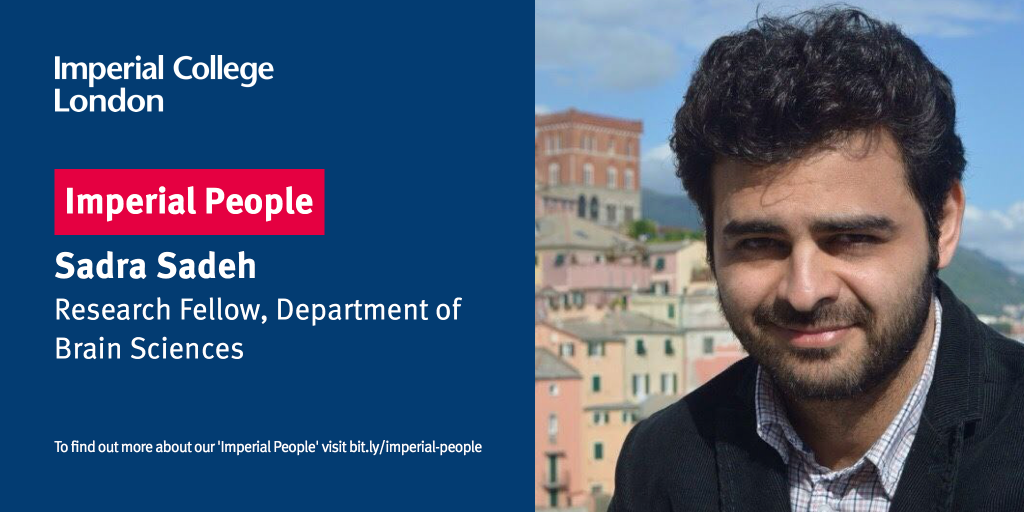
“I have been trying to make computer models of brains, to understand how we see, learn, sleep, and remember.”
I started my academic journey by studying electrical engineering at the University of Tehran in Iran. Although I valued the technical skills and attention to detail that I acquired in becoming an engineer, I felt that it didn’t satisfy my need for free thinking and answering the many life questions that I had in my 20s.
It is no surprise therefore that I switched to Philosophy of Science (at Sharif University, Iran), to do research in to the philosophy of mind and neurolinguistics, and subsequently completed my PhD in computational neuroscience at the University of Freiburg in Germany. This allowed me to ask interesting questions about the mind and the brain (arguably the most complex organ in the universe) and to try to address them with more precise approaches (including mathematics, physics, engineering, and computer science). I remember thinking: I have finally found a discipline which can keep me busy and intellectually satisfied for the rest of my life
I have been busy in this field since then. I make computer models of brains, to understand how we see, learn, sleep, and remember (or don’t remember anymore). The problem is its complexity as we need to record from billions of neurons with trillion connections. We need a proper James Webb telescope (or microscope) of our own. Plus the brain is dynamic: it never stops, and it constantly rewrites itself; it’s a moving target!
With recent advances in neurotechnology, we may have a little advantage over astrophysics: we can interact with the brain, by shining light on it and perturbing its activity. That is what I am pursuing in my future research in the Computational Lab of Neural Dynamics at the Department of Brain Sciences.
When I am not trying to shine a light on the brain, I enjoy hiking, swimming, and playing football and ping pong. I also enjoy observing and learning from a growing brain (my daughter), which more often than not, defies my theories about neuronal networks!